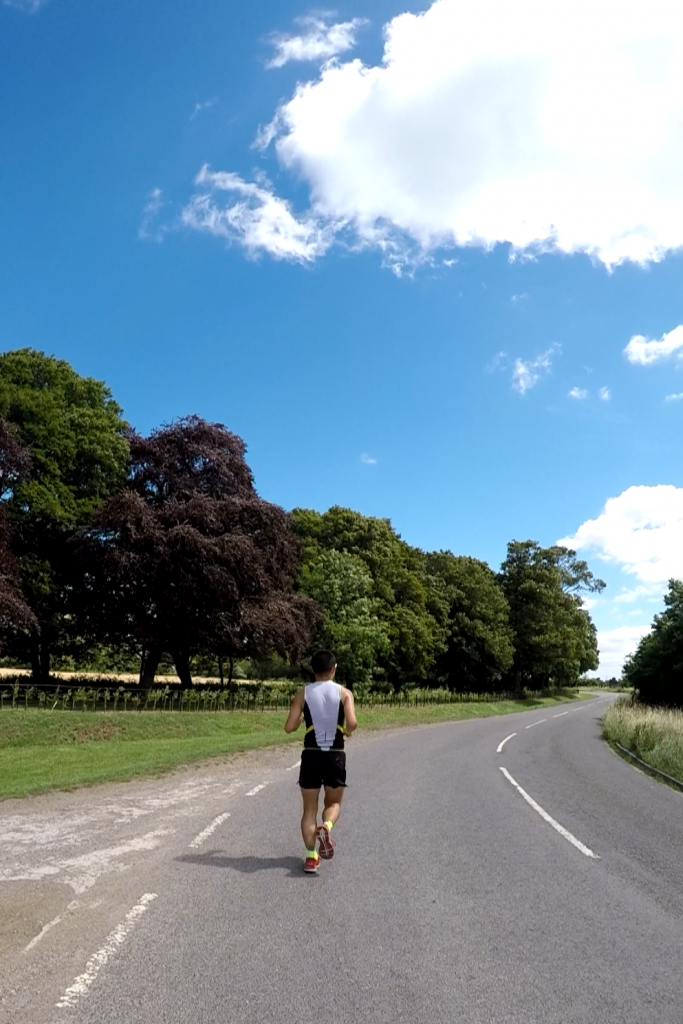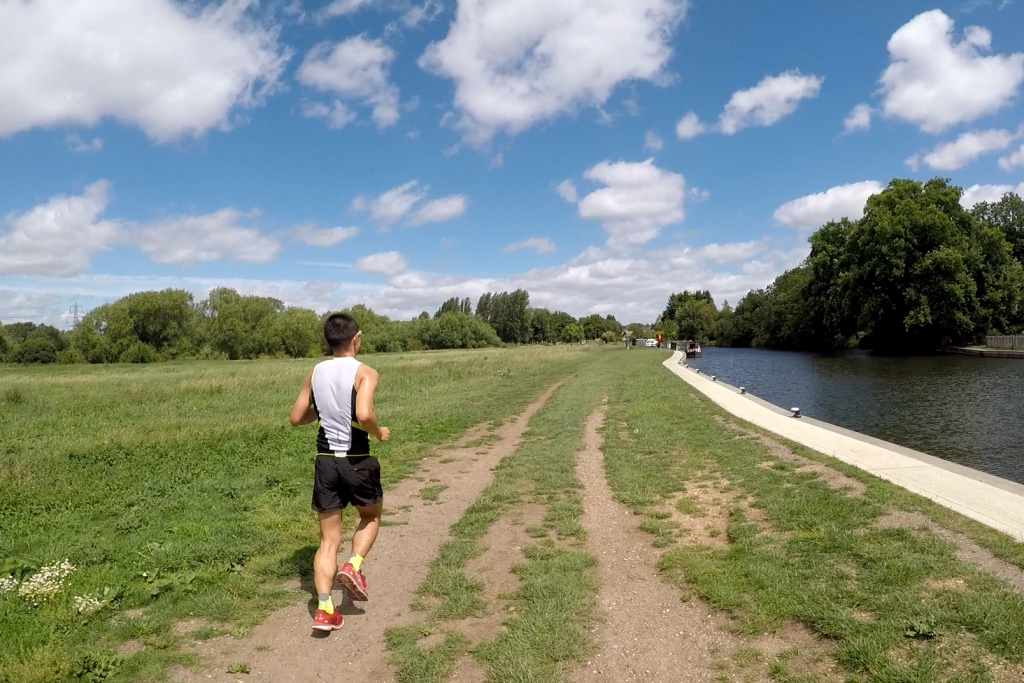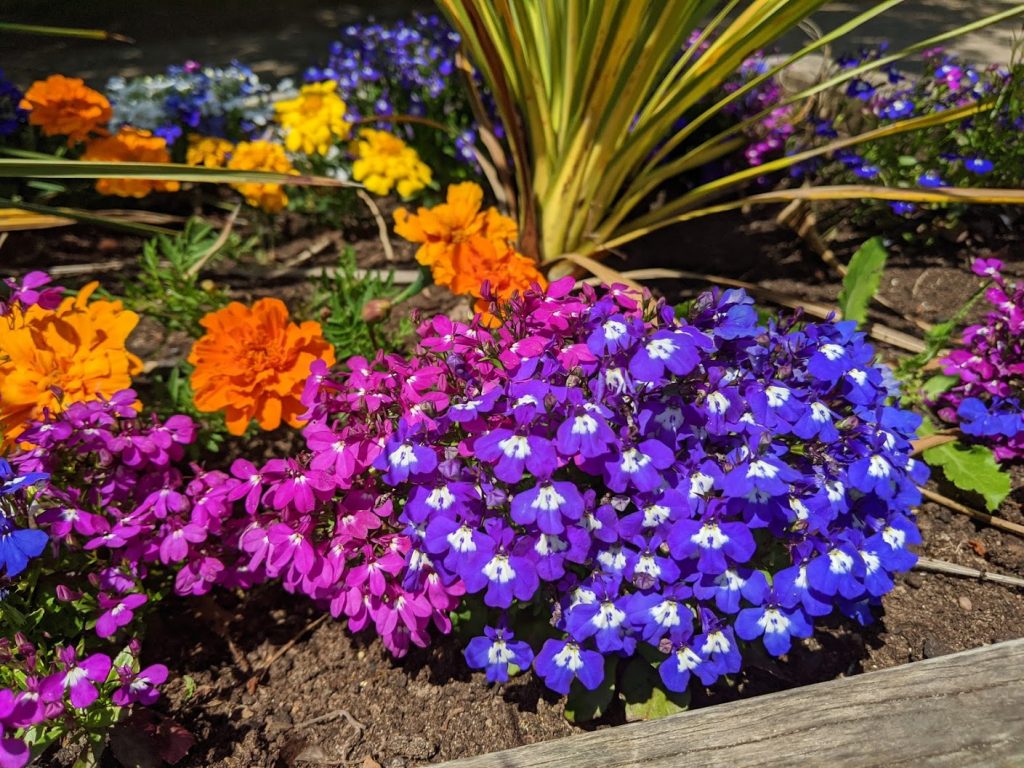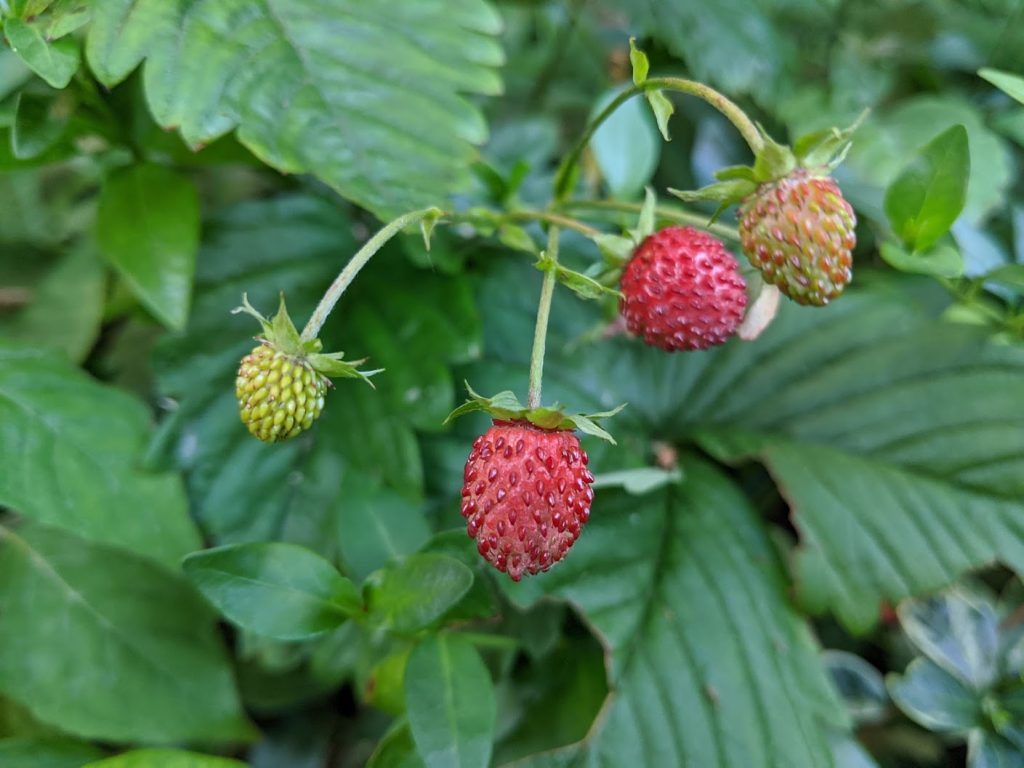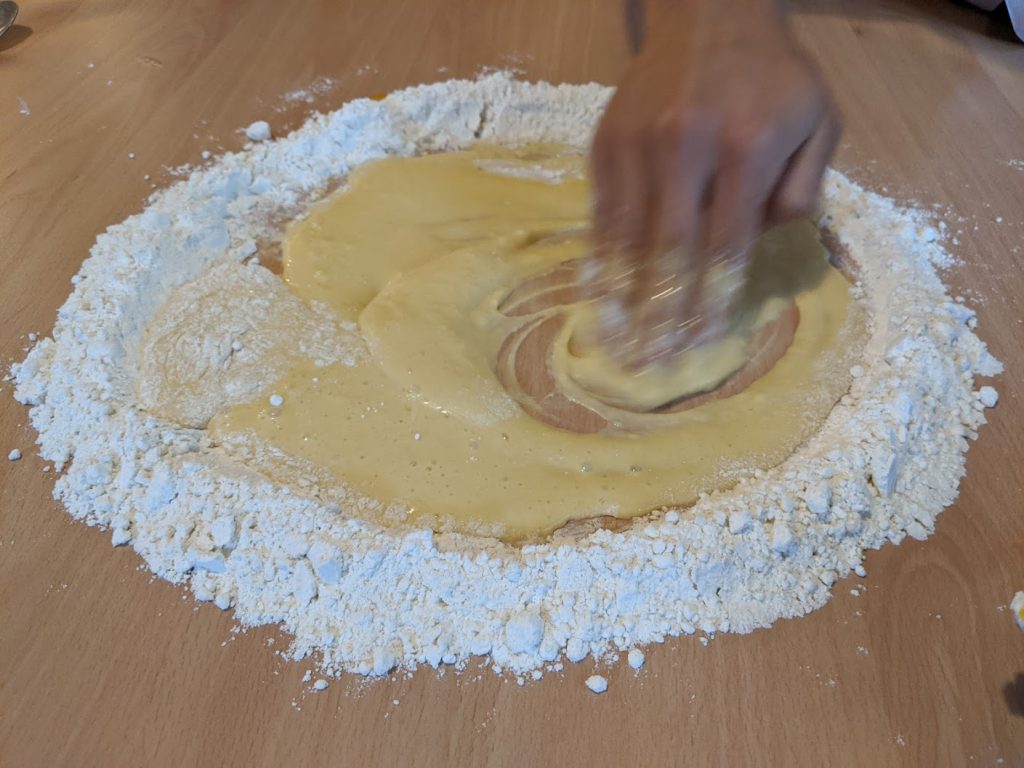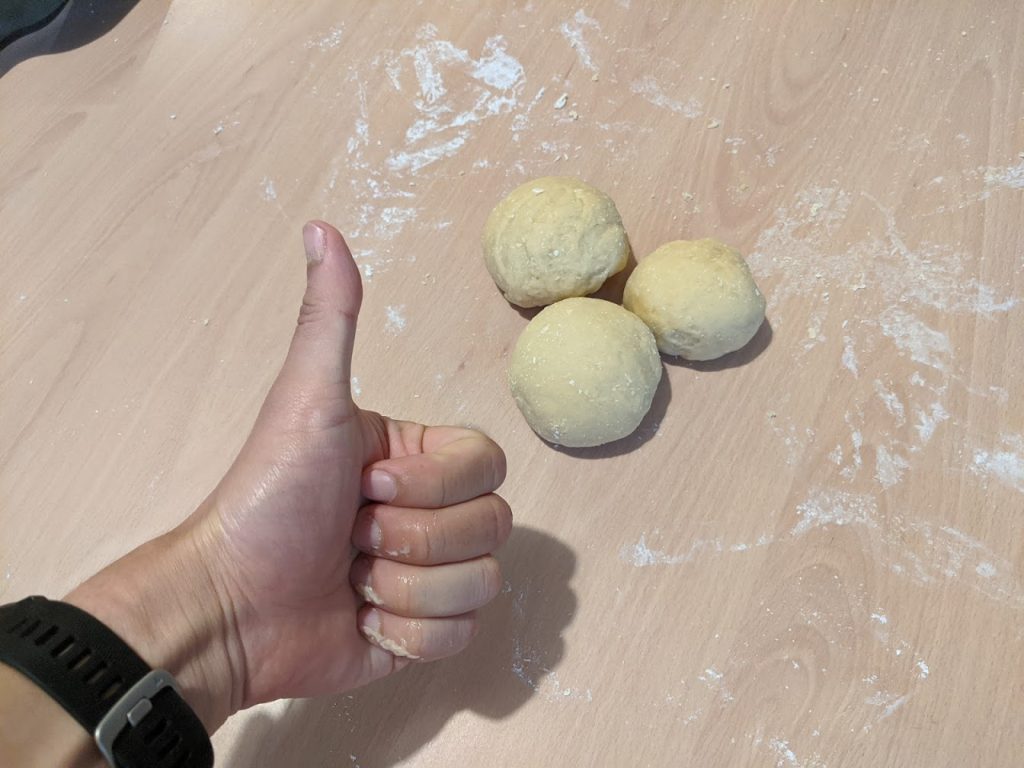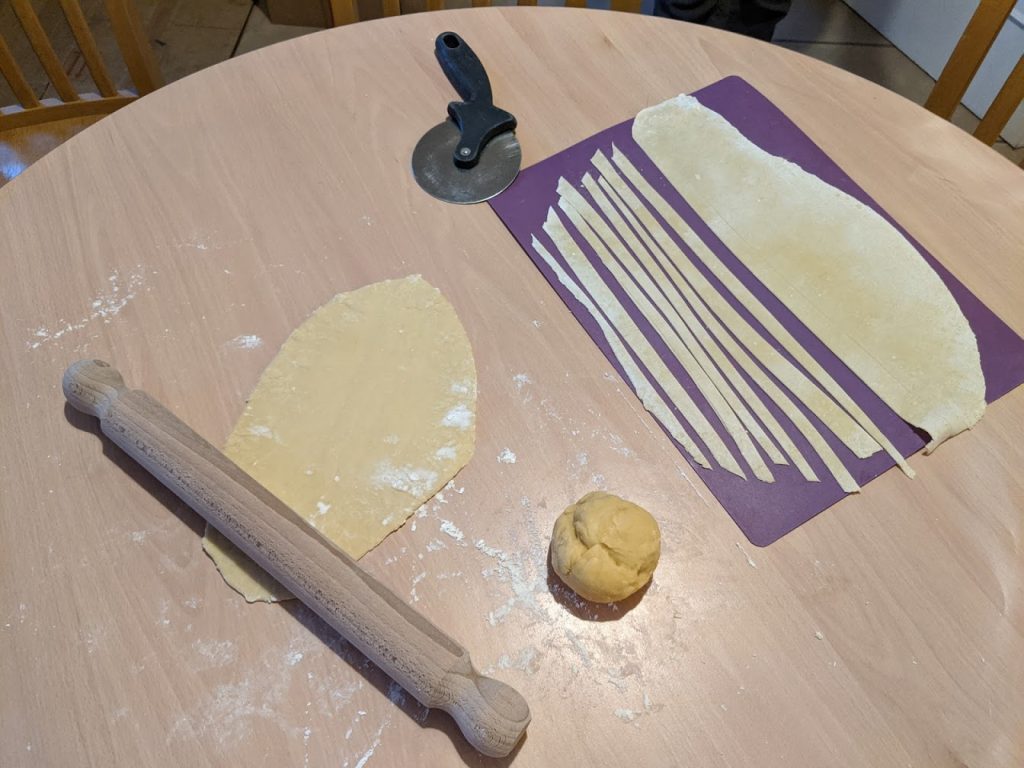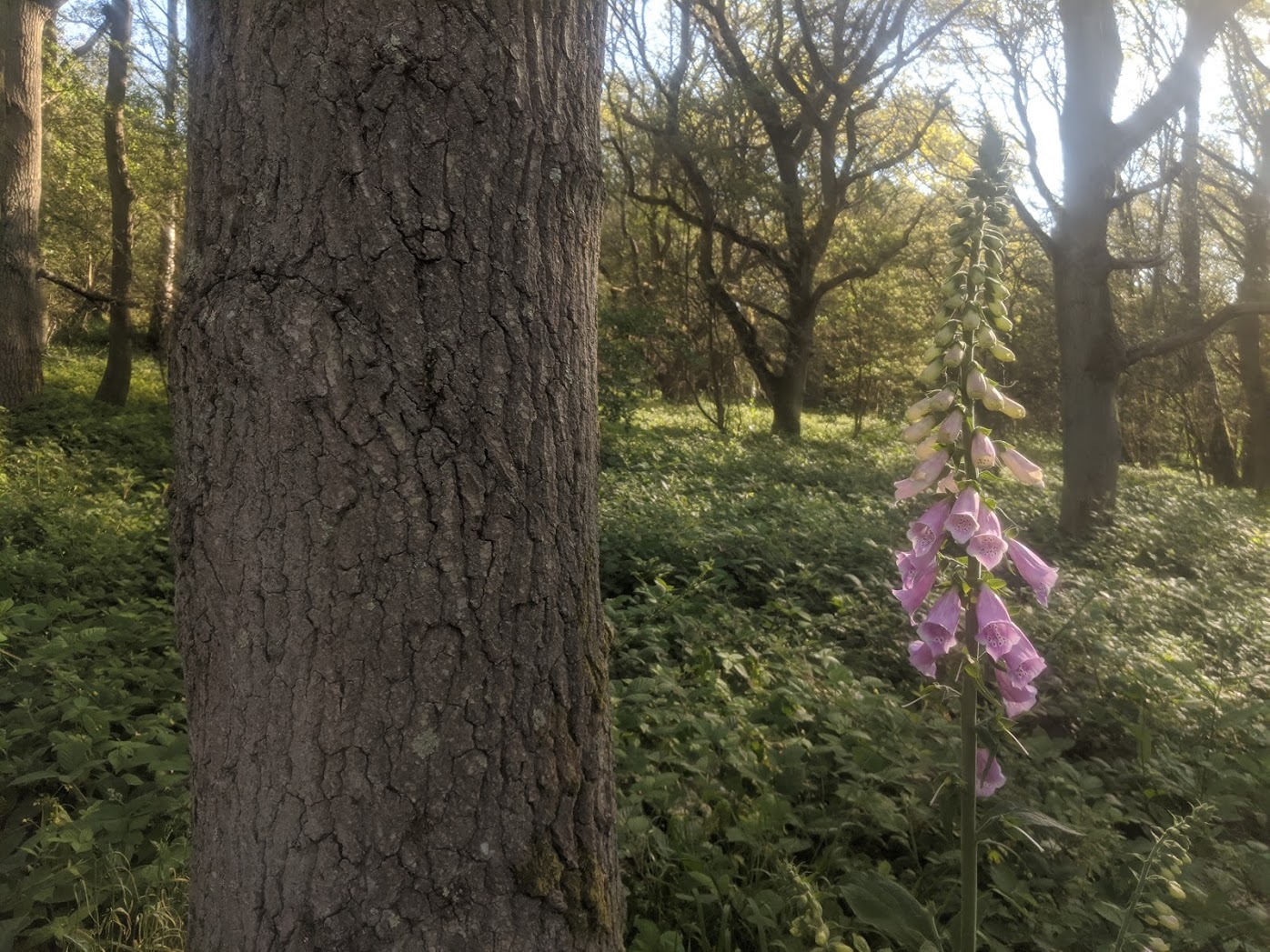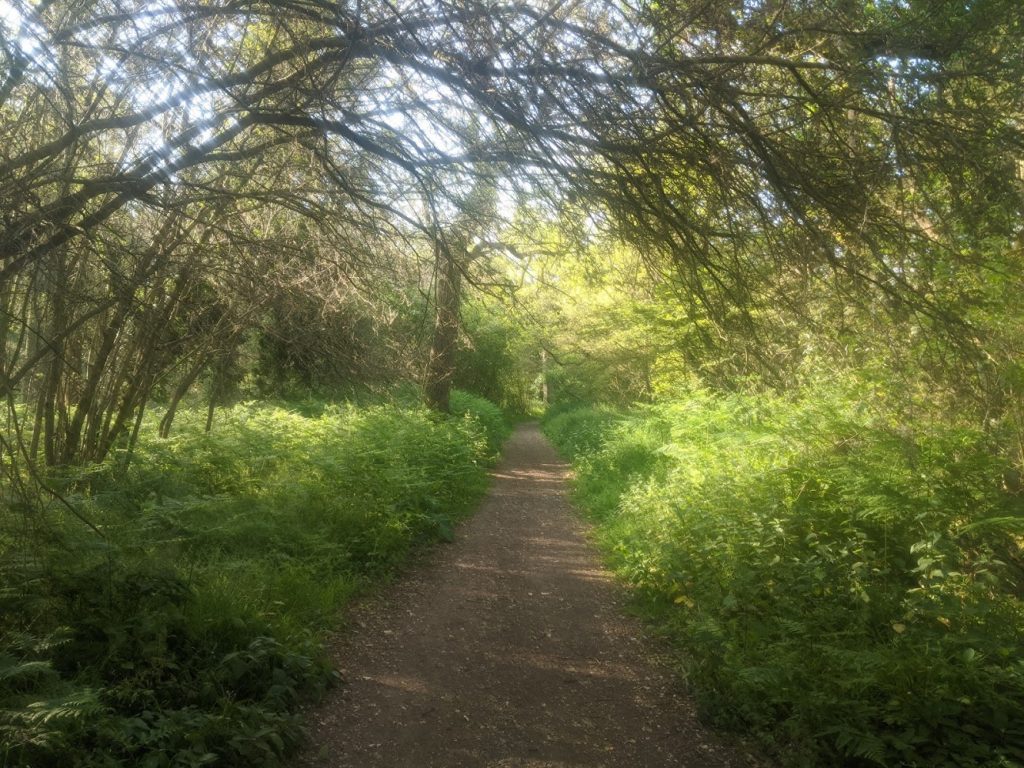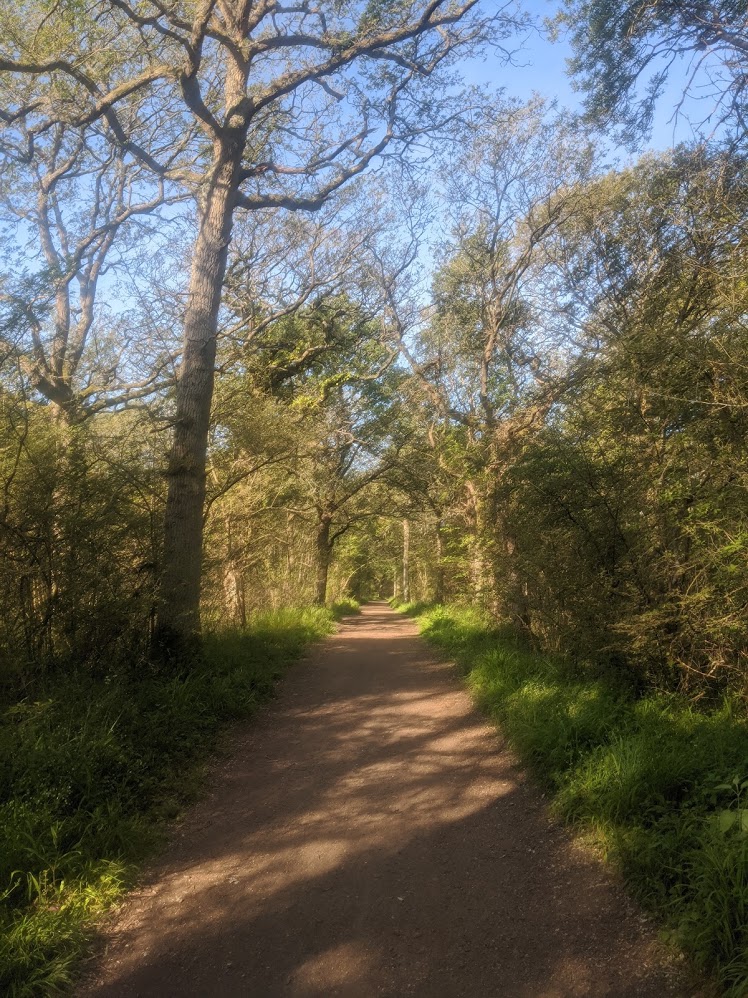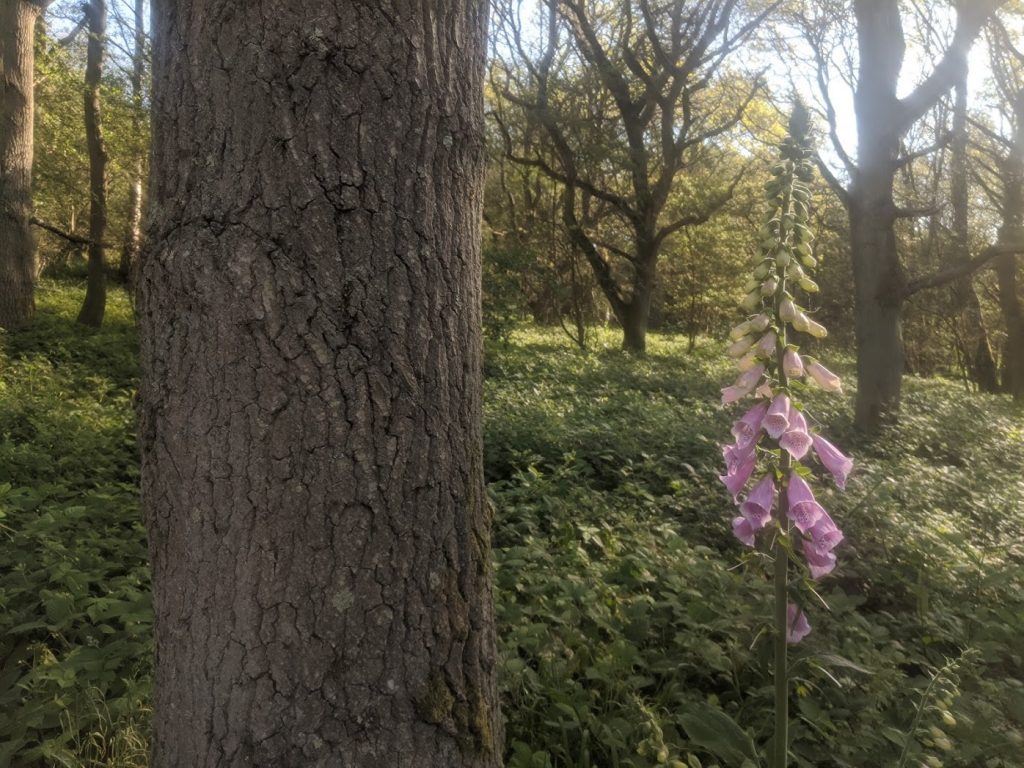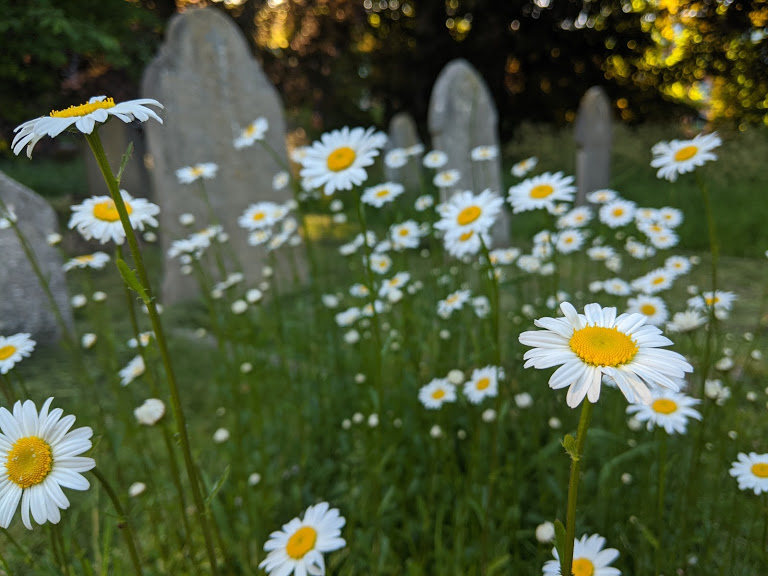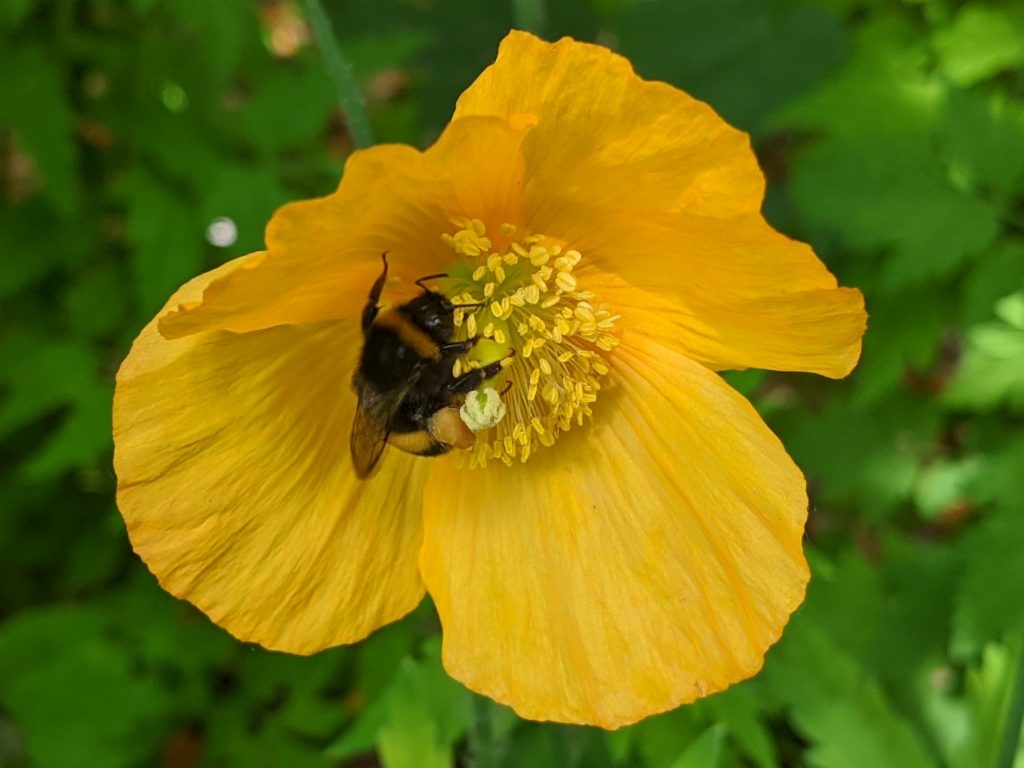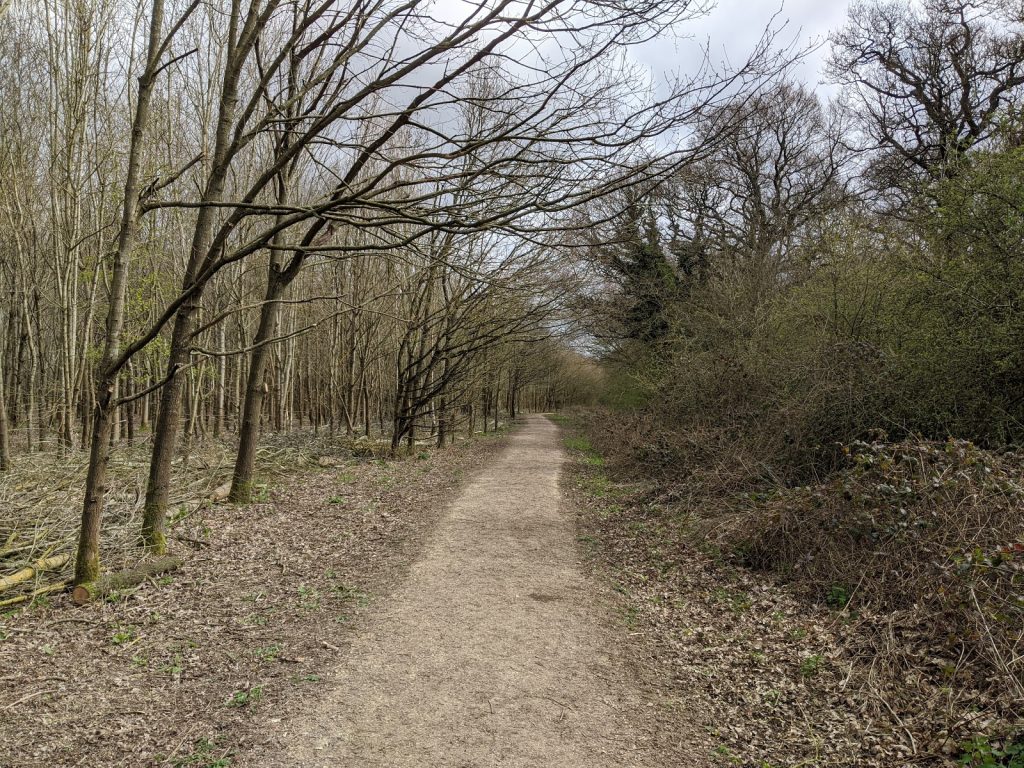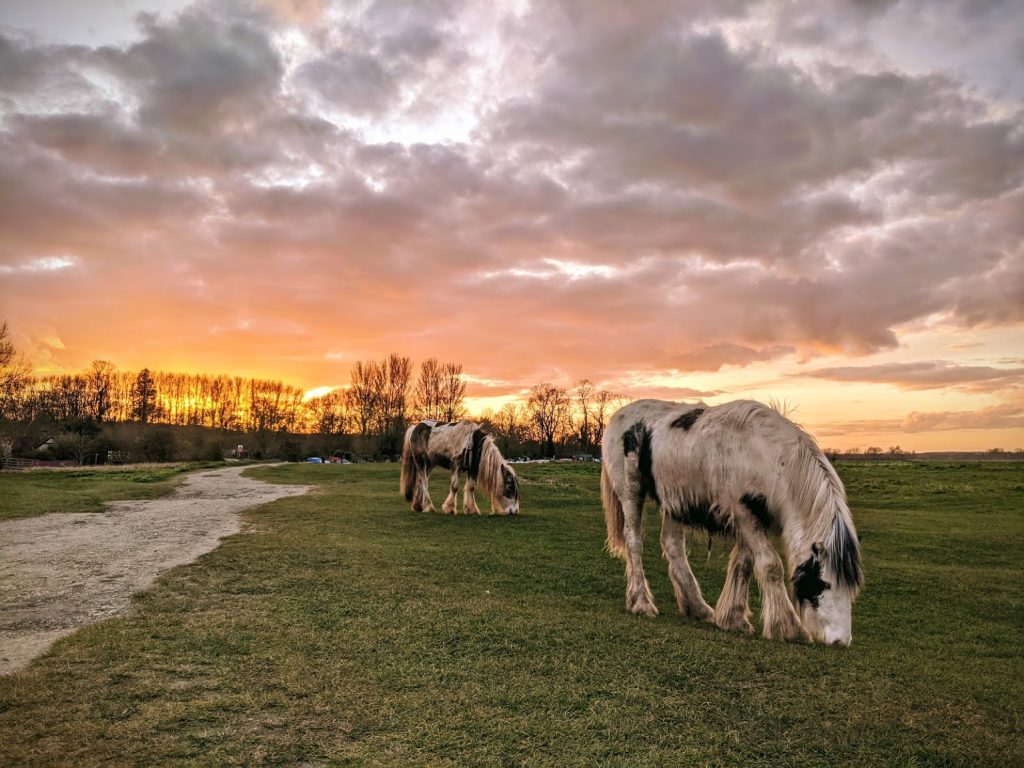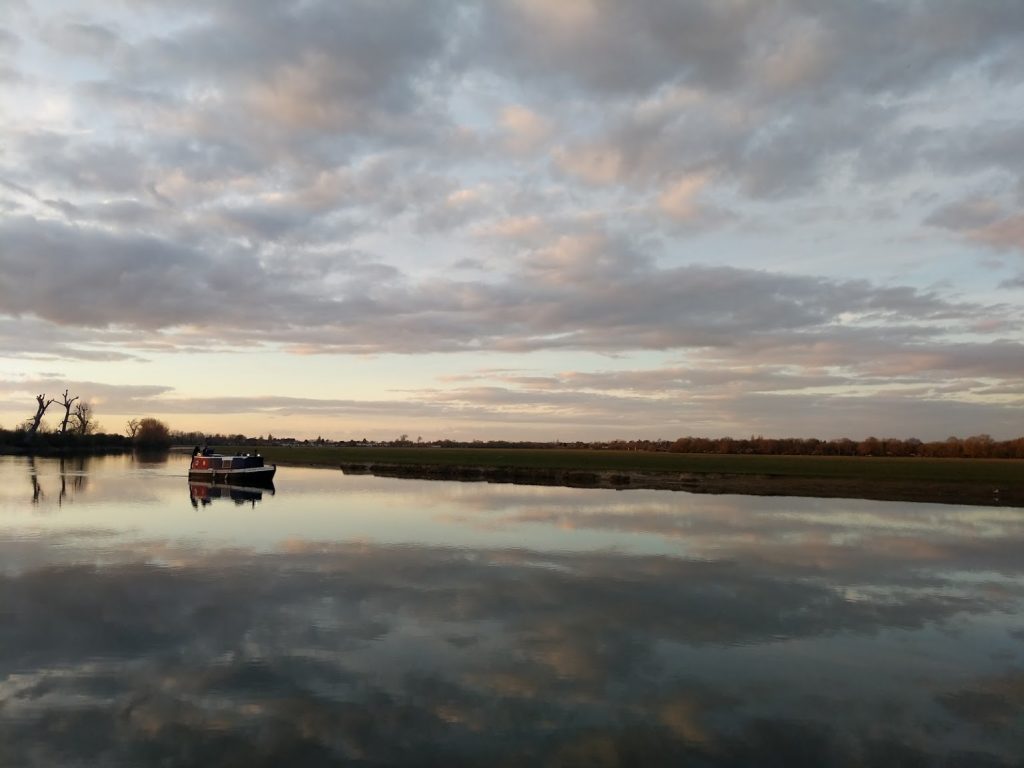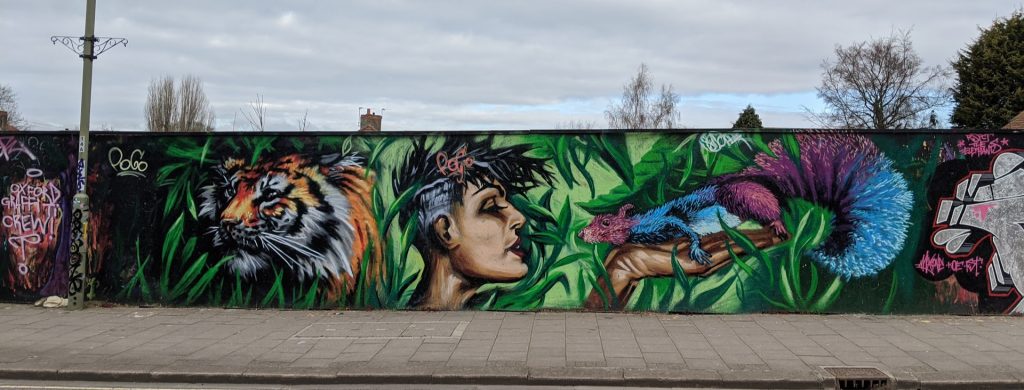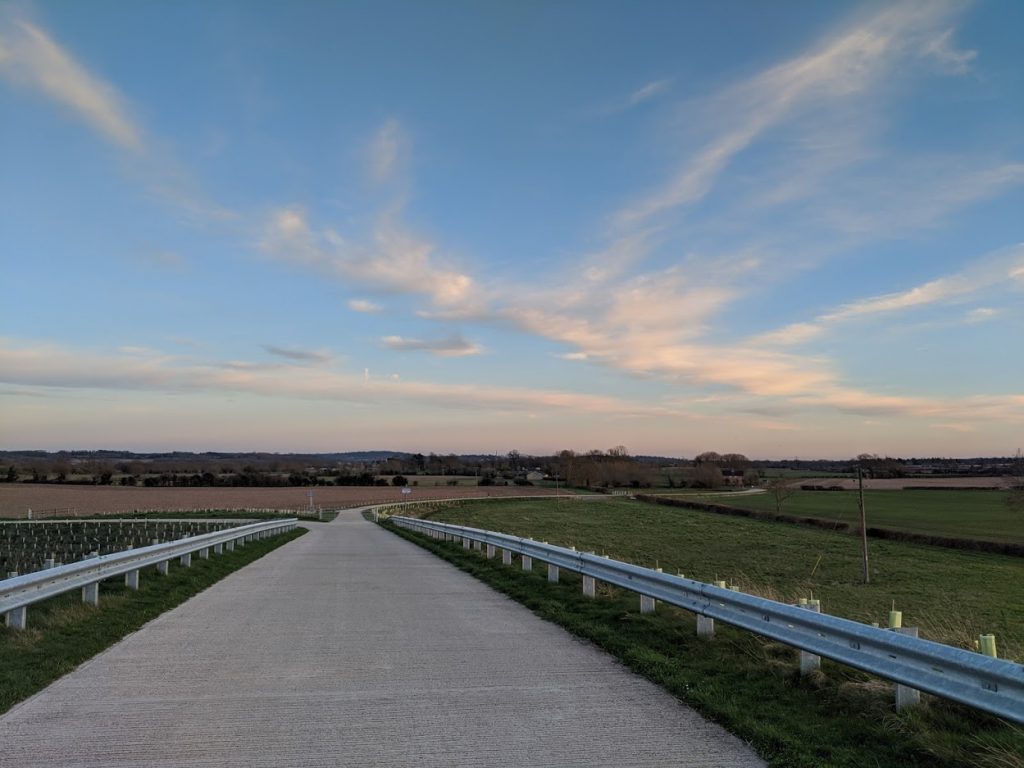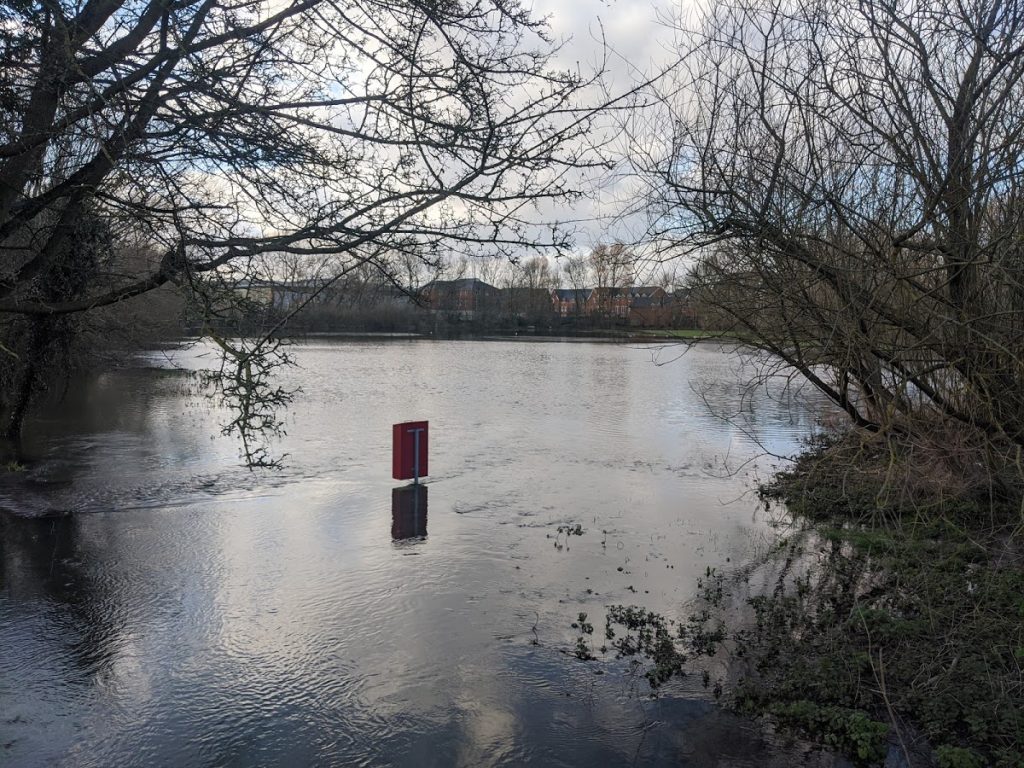Brief update; I am content. I have been feeling more confident generally about life this week. I am learning to perform my new role, from both success and failure. I am taking my time to appreciate good emotions, and not dwelling on bad ones. Physical training continues to plan. I have enjoyed several good conversations. Having identified my passion for engaging with talented and motivated people, I am fortunate that I get to do that so frequently at ONI.
Choosing a Perspective
Philosophy ought to come with a warning label. Dwelling too deeply into difficult, unanswered, and perhaps impossible questions carries the risk of becoming seriously lost in one’s own mind. A recent conversation ended with the question: If we can change how we feel about our experiences, thereby potentially enjoying any experience, which experiences should we choose (and choose to enjoy)? Intuitively we should choose to be happy and to do good in the world, but how do we pin down what is good in the world aside from what makes us and others happy?
I have been thinking about this David Foster Wallace speech (transcript). it focuses on choosing how you relate to people and describes a routine visit to a supermarket. Wallace asks the audience to consider hidden acts of compassion and kindness behind the people making up the frustrating queues and parking lots and highway traffic. Another, perhaps more simple, choice of perspective is to appreciate the supermarket itself. If the abundance and affordability of vegetables is celebrated, then a squeaky trolley wheel or a long queue pales compared to the miracle that the world has provided you food. For much of human history, much of human labour was spent securing a supply of food. Today for most that supply is trivial, and in my mind, worthy of appreciation.
Yesterday while drafting this I shared a quote from that speech: “The really important kind of freedom involves attention and awareness and discipline, and being able truly to care about other people and to sacrifice for them over and over in myriad petty, unsexy ways every day.” Focusing on the shopping and not the shoppers can bring happiness through attention and awareness and discipline, but it does seem a trivial exercise compared with caring and sacrificing for others.
Vaccine Updates
While the UK is getting closer to normal with the reopening of the central cultural venue, the pub, I suspect until the deployment of a vaccine for COVID-19 social and professional interactions will continue to be shaped by the disease. On Tuesday Chemistry World published this helpful update on the development of a vaccine for COVID-19. On Thursday The Economist declared Oxford the current leader.

